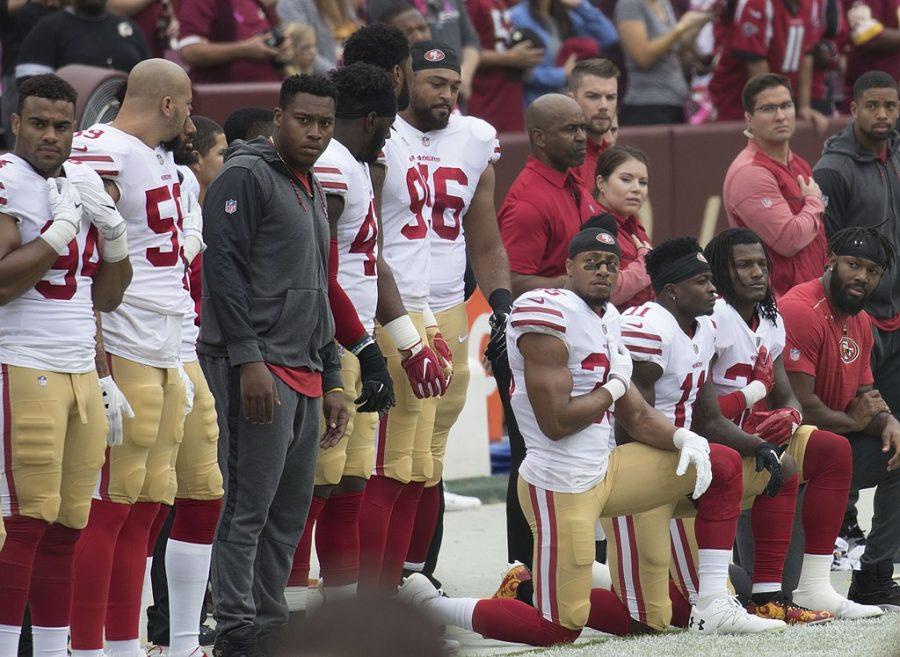Greasy McDonald’s patties, crunchy Chick-fil-A nuggets, Happy Lemon Tapioca, and creamy Wingstop ranch: the infamous lunch regulars that we all had to part with at the beginning of this school year.
Administration announced a new policy at the beginning of the year removing food delivery services like DoorDash and GrubHub indefinitely. The reason? Compliance with federal nutrition laws. According to principal Sara Tones, failure to adhere to these federal nutrition guidelines could result in the loss of federal funding for cafeteria meals on campus.
While many students complain about losing their fast food fix, it’s crucial to recognize that federal funding takes priority over takeout on cafeteria tables; therefore, the policy should be respected.
At the outset, federal funding directly supports students who depend on free and reduced lunch programs throughout the academic year. While some financially affluent students may enjoy the convenience of Postmates or UberEats, many rely on these federally-funded meals to eat during the school day. While freshly delivered food was a much-appreciated privilege on this campus, it wasn’t a privilege that was financially ac

cessible to all students. Allowing selective food deliveries for a few students threatens the meal programs that benefit everyone: a risk that is not worth taking.
If the cafeteria loses federal support, those who rely on free or reduced lunches could be left without a lunch to eat at all. With tha
t said, losing greasy burgers and crunchy wings will always be the more preferable option.
It’s also worth noting that students aren’t left malnourished, food-deprived, starved or without food options following this new policy. There are alternatives on campus like Food Frenzy days, club fundraisers, and Kubby Korner. In fact, sales at Kubby Korner surged following the removal of food service, benefiting student clubs and programs like FBLA. Supporting these on-campus options not only meets students’ needs, but also
fosters school spirit and funds extracurricular activities. This ultimately creates positive benefits all across
the board: nutrition-adhering food, club funding, and school spirit.
The culture at Kerr thrives on community and the resources we share. Our identity isn’t built on Chick-fil-A deliveries during A lunch, but rather on the success of our programs, many of which are funded through channels like Kubby Korner.
Sure, sharing food deliveries with friends was a way to connect with each other. However, new opportunities are possible; it was never a one-and-done deal. With more Food Frenzy Fridays, food trucks, and on-campus alternatives, students can still enjoy shared meals while respecting the rules that provide us with the free breakfasts, free lunches, and free supper meals that we take for granted every day. Cooperation has always been part of our school’s culture, and this is just another step toward ensuring that everyone’s needs are met.
Ultimately, federal funding must take precedence over fast food delivery because eating a freshly delivered lunch will never matter more than having a lunch to eat in the first place. Admittedly, the situation isn’t ideal, but it’s necessary. The administration on campus has continuously expressed openness to suggestions for making up for the loss of food delivery services, so suggesting alternatives and finding solutions has always been an option. If we choose to open our minds instead of our Doordash and GrubHub apps, we’d realize that it really is nothing deeper than just food.



